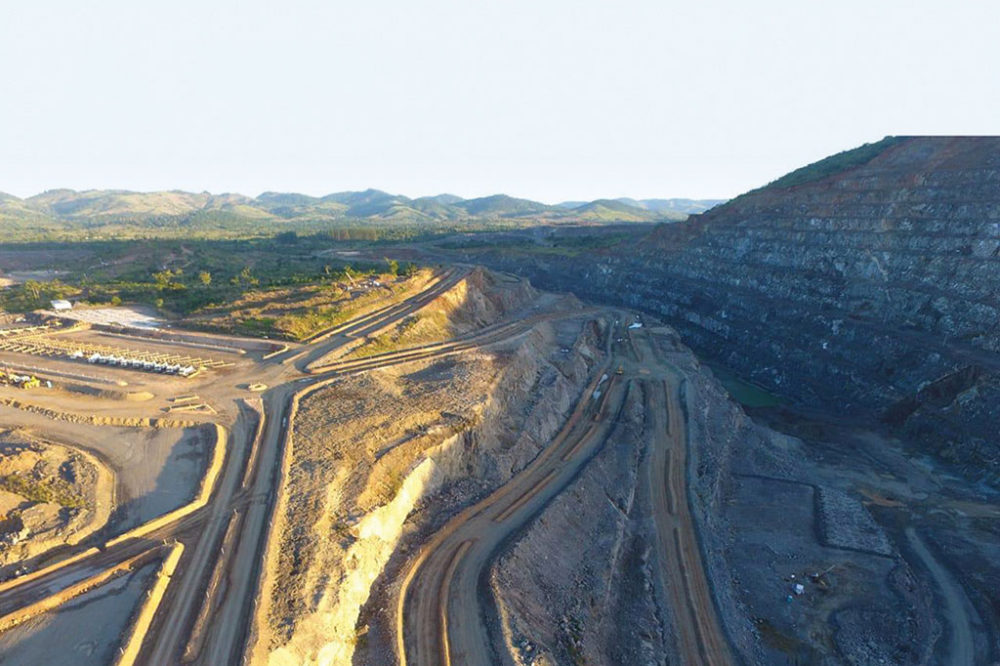In a media statement, Anglo explained that the way things work so far requires the ore to travel from the plant through 29 municipalities until it reaches Porto do Açu. There, a filtering mechanism separates it from water and allows for it to be stored for export.
The filtration process, however, generates effluent that is treated and then released into the ocean.
To avoid the latter part of the process, Anglo decided to partner with Porto do Açu to study the possibility of using at least part of the effluent in existing and future industrial plants at the port, so that, eventually, the effluent is no longer discarded at sea.
Back in September, the first operational test of the water reuse project was carried out. Approximately 2,000 cubic meters of water were reused in low-impact operations such as sprinkling coal piles, thus confirming the operational viability of the initiative and the possibility of substituting new, high-quality water, currently used for such purposes with the effluent.
According to Anglo, an executive project for the construction of the water supply system for phase I of the reuse project, which would have a capacity of 100 cubic metres per hour, is also underway.
Reusing slag
In addition to the recycling of effluent, the Brazilian arm of the multinational mining company is reusing ferronickel slag in road expansion works taking place in the central state of Goiás.
The new strategy, carried out in partnership with the firm Ecovias do Araguaia, aims to find a new use for a waste product, reduce the environmental impact of the Barro Alto and Codemin operations and shrink the area needed to store waste.
In the release, Anglo noted that 10,000 tons of ferronickel slag were used for asphalt paving this year.
In detail, the material was employed in the expansion of the GO-356 highway, confirming the technical and commercial viability of the initiative.




